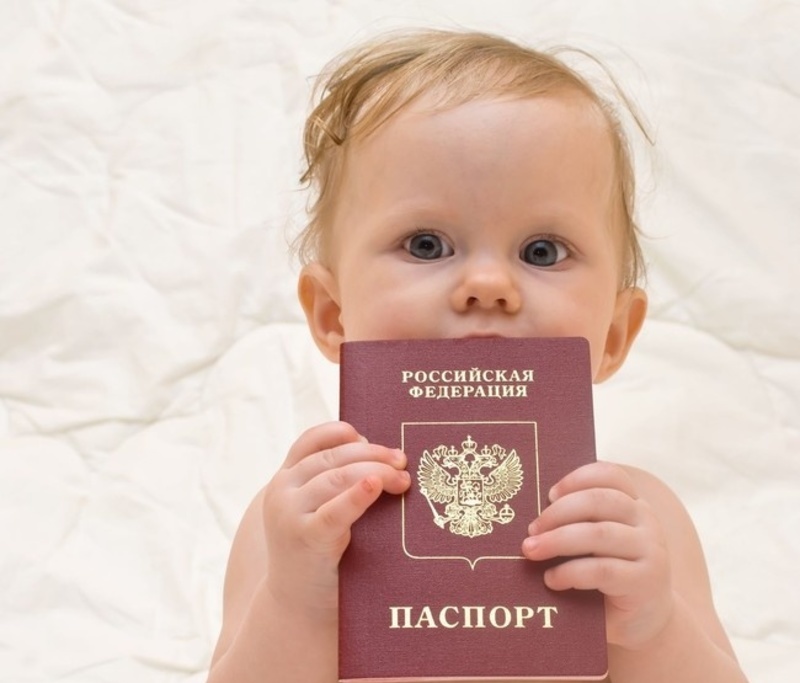As soon as a child is born in the family, parents choose their name. It is believed that it is able to influence the future fate of the baby. No wonder every name is analyzed and compared with an already formed character. When deciphering each letter of the name, knowledgeable people can look behind the curtain of fate and see the future. And if you look from the legal side, the name is extremely necessary for a person for legal reasons.
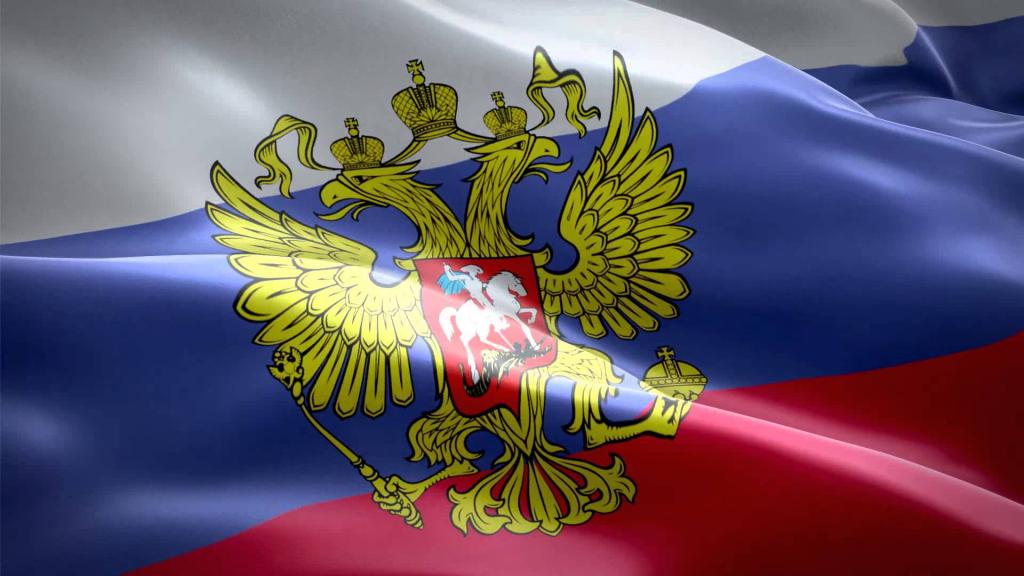
In this article we will try to consider the issue of what right we have for a name. And also talk about what is behind this, what is the use of citizenship. We also touch upon the legal name of an individual. But for this it is necessary to connect the Civil Code and the Constitution of the Russian Federation.
Name history
In order to understand who has the right to a name, it is necessary to plunge into the past and understand the issue, and who even thought up to distinguish people in this way? Philosopher Chrysippus in 280-200 BC e distinguished names as a separate group. At the present time there is a science - anthroponymy. She studies the structure of the name, the emergence and functioning of society.
Throughout the existence of life, people have always given each other nicknames, nicknames. About the creator of names there were a lot of legends and legends. Some people believe that the higher mind gave people the opportunity to speak, and any word of theirs meant this or that subject. After the priests came up with new names for everything that was in the world. Thus, new languages appeared.
Background of names in different parts of the world
In some cultures, it was believed that if an evil person knows his real name, then he can harm his victim. In India, only with adulthood did a person know his real name. In ancient Greece, people called their children the names of heroes and gods.
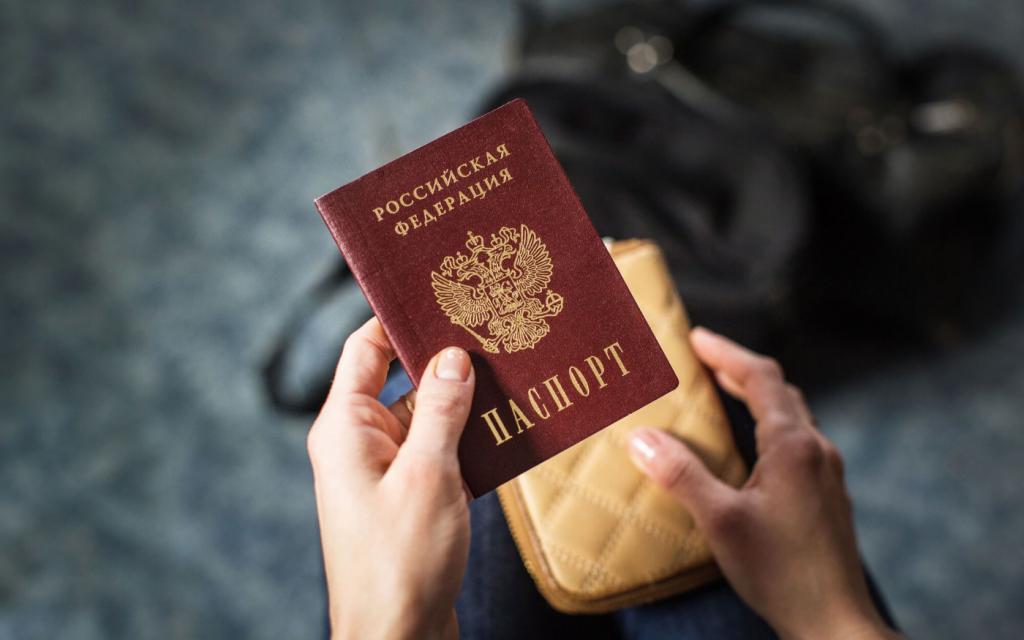
But it was so dangerous that people contrived and added completely different syllables. Such traditions have come down to us. In many Christian countries, children are called by the names of various saints. But unlike those times, today no one can harm a person for how he was called.
Right to name
It is inalienable and subjective. Moreover, this is a personal non-property right that arises with the birth of each individual. Many scientific articles have a broader concept, as well as criminal legal protection of the right to one’s own name.
To some extent, it is an institution of copyright. But in the Russian Federation, the name of a citizen is protected indefinitely. Even more - does not stop within 70 years after death. This is precisely the difference from exclusive law. Therefore, with the slightest violation of the law, relatives can defend the rights in the name of the citizen, as well as his works, if this, of course, is suddenly required.
Russian citizen
The legislation of the Russian Federation is steadily saying that a citizen not only acquires a name. He has the right to carry out any manipulations on him. Surname and patronymic can also be included here, unless, of course, otherwise follows from national custom or law. Some nationalities, for example, lack a middle name. By mutual agreement of parents (mothers and fathers), a name is given to a minor child. And he will wear it either all his life, or until he wants to change it. It should be noted here that the right of the child to the name appears immediately after birth. About how to replace this data, we will discuss later in the article.
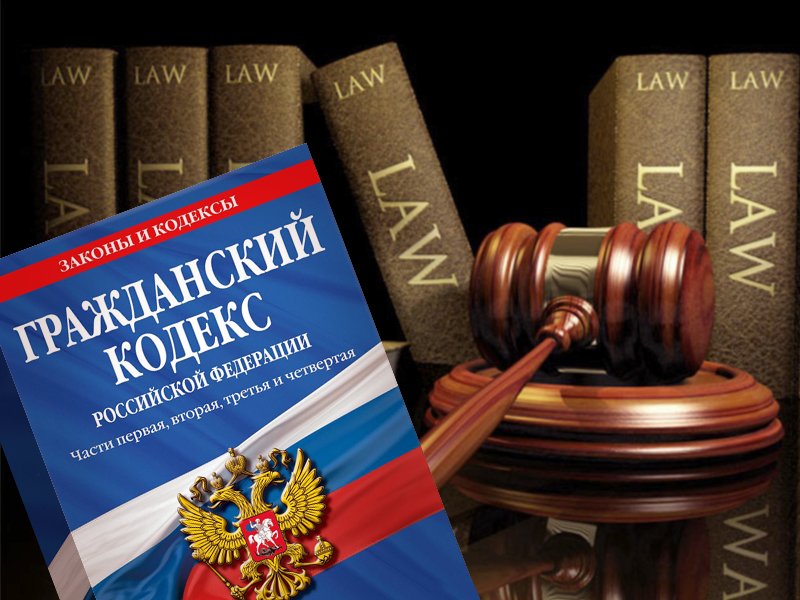
The middle name is given in the name of the legal father, that is, as a rule, the one who is recorded in the corresponding column. An exception is adoption.In this case, the middle name may not match the name of the adoptive parent. The surname is given to the child as the parents wear. With the consent of mom and dad, the child can take the name of one of the parents.
Change the name and legality of pseudonyms
A child can change his name or surname at the age of ten, but only with the consent of one of the parents. All necessary information is recorded in the birth certificate. In the future, thanks to this document, a minor citizen of the Russian Federation receives a passport. At the moment, they receive their first passport when they are 14 years old.
Subject to the law, a citizen has every right to take a pseudonym. On July 19, 1995, a law was passed that allowed the use of a fictitious name when printing a work. The law of the Russian Federation does not oblige to register your pseudonym, but does not prohibit its use as a brand of goods. In the Russian Federation, everyone has the right to a name or pseudonym. Moreover, the latter does not need registration.
Name protection in the Civil Code of the Russian Federation
Protecting rights in the name of a citizen is a laborious process. Article 19 of the Civil Code of the Russian Federation spells out the main points. It is indicated that by acquiring a name and surname, as well as rights and obligations over them, at your request, your full name can be changed, but only in the manner prescribed by law.
The name of an individual or his pseudonym may be used by another person only with the consent of this carrier. In the case of harm caused to a citizen, as a result of violation of his rights to a name (pseudonym), moral experience shall be compensated in accordance with this code. There is no real term for such an offense. The maximum that a court can prescribe is compensation for non-pecuniary damage.
When can I change
The right to a name is the personal property of every citizen of our country. It is this fact that individualizes a person. Therefore, a citizen has the right to protect civil rights in any respect. Protection of rights to a name is also included in this type of rights. This is one of the advantages of Russian law.
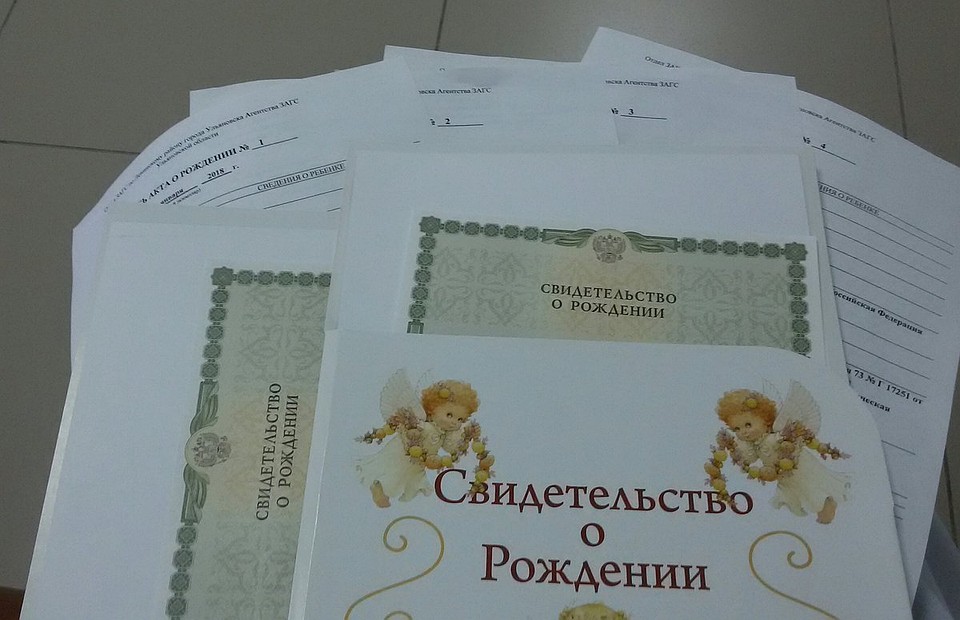
The Civil Code of the Russian Federation regulates the right to use a name. A citizen has the full right to change his data, but only in the prescribed manner. But in accordance with the Family Code of Russia, the name of a citizen can be changed in the following cases:
- Marriage (officially, by applying to the registry office). Civil marriage does not imply a change of surname, since such relationships are not documented.
- Divorce. One of the spouses has the full right to change his last name or first name in the given circumstances.
- Recognition of marriage invalid. A marriage may be invalidated if the spouses are people of the same sex or they are relatives to each other.
- Adoption. This procedure involves changing all documents. This is a good reason to exercise the right to change the name.
- Establishment of paternity. If a name was not indicated in the column "Father" in the birth certificate, then when establishing a fact it can be entered and at the same time take a middle name.
Competency
The authority to own your name should be recorded in official documents, such as:
- passport;
- birth certificate;
- military card, etc.
Moreover, he must be registered with the civil registry office (registry office). The purpose of this authority carries only one character - to identify a person in modern society.
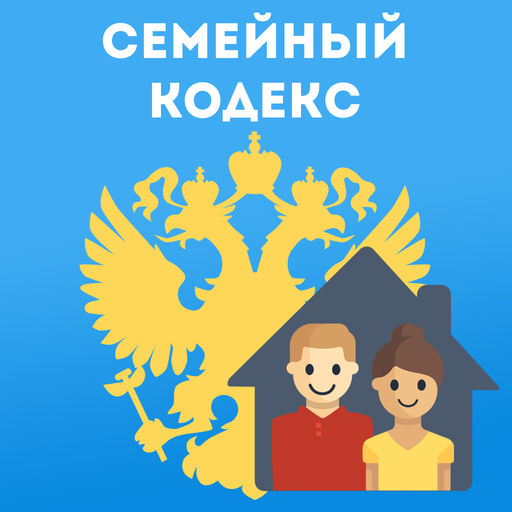
The power to use your name enables the citizen:
- Use your real name and at the same time participate in all social relations that exist today.
- Require proper handling.
- Not only lead a social life on its own behalf, but also hide it, speaking, for example, in the case provided for by law anonymously. You can use fictitious.
- The name in civil law has a clear definition. And it can also be allowed to use by others. But it is worth considering the fact that this power will be understood as the exclusive right of the user, because an unlimited circle of other entities also has the right to use this name subject to certain conditions. First, they must have the same name. Secondly, do not harm the other carrier in any way by your actions and deeds.
The authority to dispose of a name also lies in the possibility of not only changing or replacing it. You can also transfer your name to the blood (adopted) child. And also you allow or forbid to use your name after death (in a will).
What happens after gender reassignment surgery?
A person has the rights to citizenship and first name, as well as the last name that were attached to him from the hospital. After radical changes in the body, the question arises of what rights and obligations do he have after that? It is with this today that there are difficulties. Some consider gender reassignment surgery as social death. But this is far from the case. Therefore, in the framework of civil law relations, a change of sex is a legal consequence, as is a change of name.
But there are some nuances. It will be possible to officially change the name only when a person successfully undergoes surgery and hormonal treatment. Gender will only be considered changed after entering the name change act. You also need to change the gender in the birth record.
Little citizens of Russia
The child's right to a name and citizenship appears immediately after birth. However, this is typical for most countries of the world. Rights belong to a person from the moment of birth and are fully guaranteed by the state. The child has:
- the right to health care - the provision of free medical care to children, as well as spa treatment, dispensary observation, etc .;
- the right to study and part-time - a labor guarantee of 15 years for work, children from 14 years old are provided with vocational training;
- the right to a good rest.
Also, the child can change his name, but only after reaching adulthood. It is also believed that if a child is born on board an airplane, then it automatically acquires Russian citizenship. Even despite the fact that the aircraft flies over any country.
An example of protecting your name from a textbook on law
Let's look at an example of litigation that comes across in law textbooks. All names and facts, of course, are fictitious. Protecting the right to a name is an urgent problem at the moment. An example of this is the case of the Supreme Court of the Russian Federation. A certain Felix Razumovsky filed a lawsuit against a well-known publisher. Or rather, to the author, who published his articles under the same pseudonym. The plaintiff demanded that a violation of his right to a name be recognized. He demanded compensation from the defendant for non-pecuniary damage.
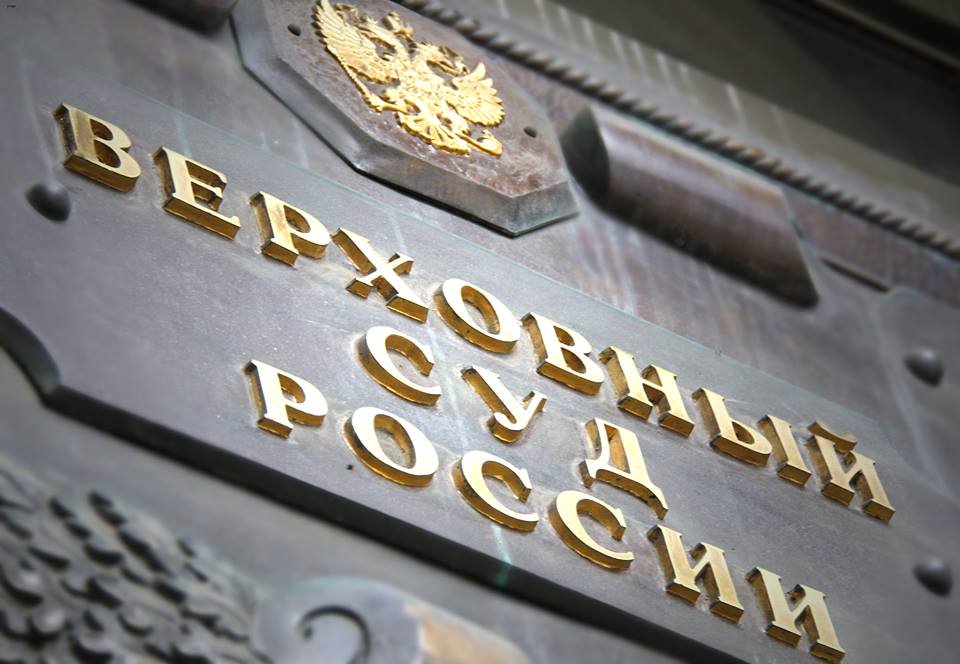
The trial court dismissed the claims. Moreover, he referred to the fact that the name is only a means of individualization and does not imply a ban on another person from using it. But the judicial board of civil cases sent the case on appeal. The result of all disputes was the satisfaction of the plaintiff's complaint. Since paragraph 4 of Article 19 of the Civil Code of the Russian Federation states that the use of someone else’s name should in no way mislead third parties regarding the identity of citizens.
Summary
Thus, based on the foregoing, it is necessary to add only that everyone has the right to bear a name. And it does not depend on nationality, age, race, and so on. Every citizen of the Russian Federation has the full right to protect his name. There are often cases when attackers tried to discredit an honest person.Only through judgment can justice be administered. Personal law is one of the personal non-property rights of a citizen, it is directly related to his personality and arises from birth.
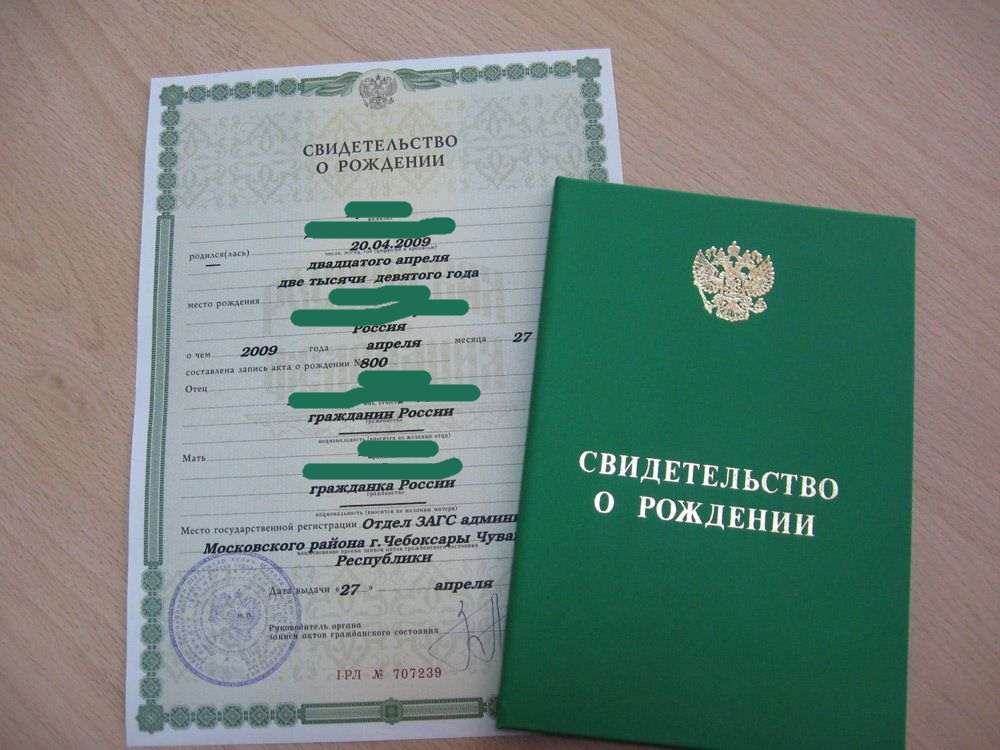
The right of an individual to a name is also assigned from the moment of birth. There is also the concept of misuse when it is harmed by using the name of a respectable citizen. When applying to the court, you can demand compensation for non-pecuniary damage. This is done by distorting or using the name of a citizen of the Russian Federation for purposes that affect his dignity, honor or business reputation. The punishment for this is provided for in Article 152 of the Civil Code of the Russian Federation.
